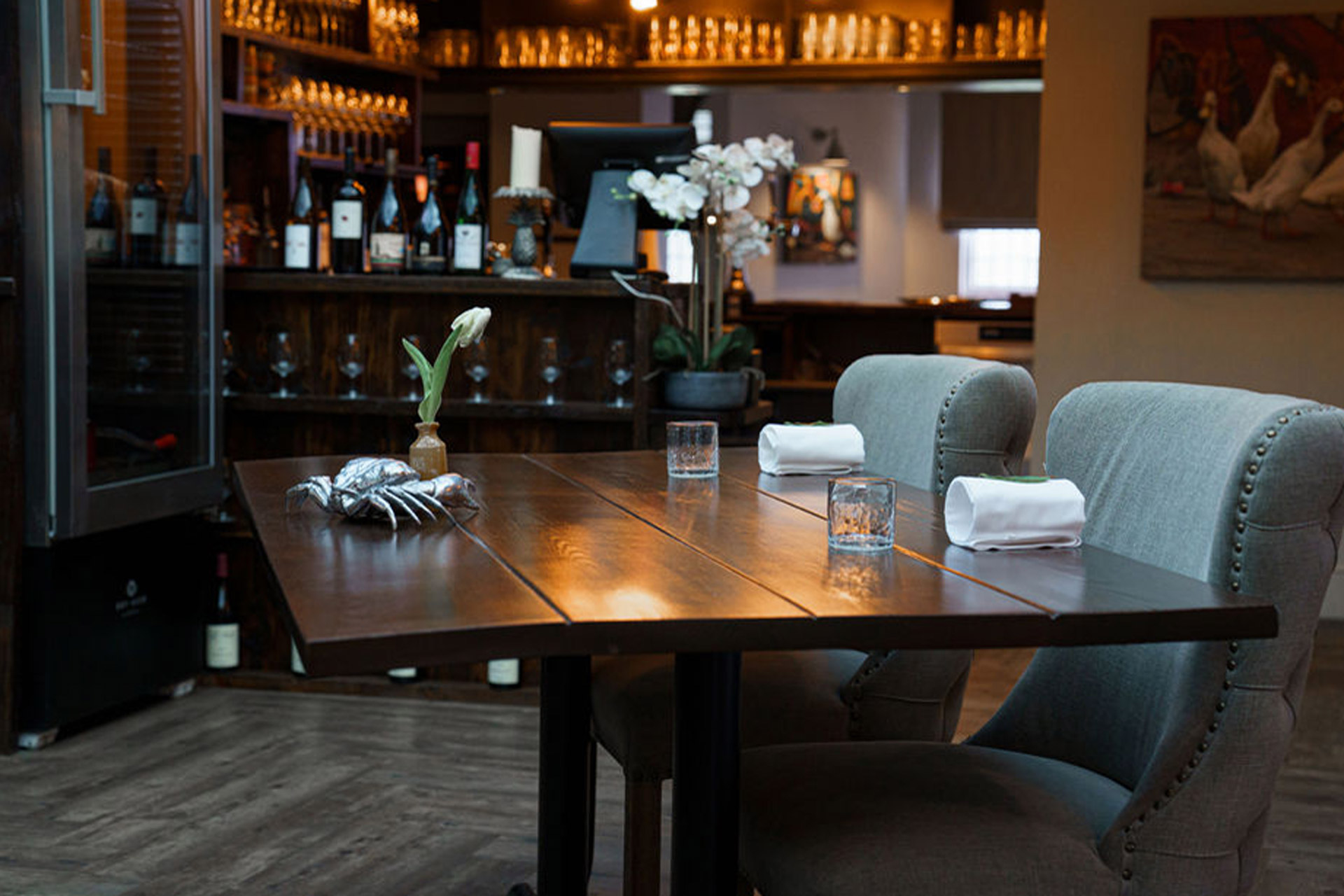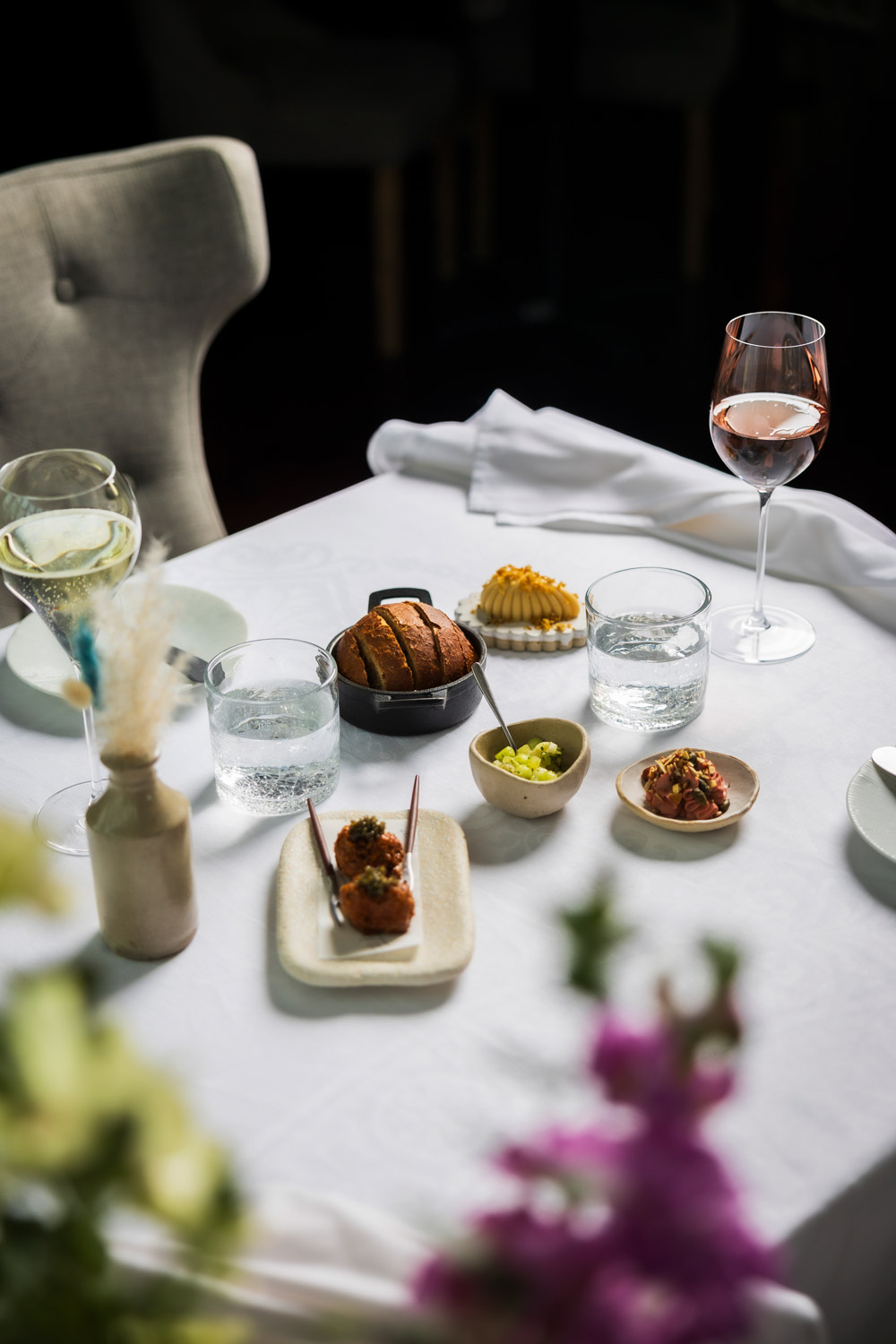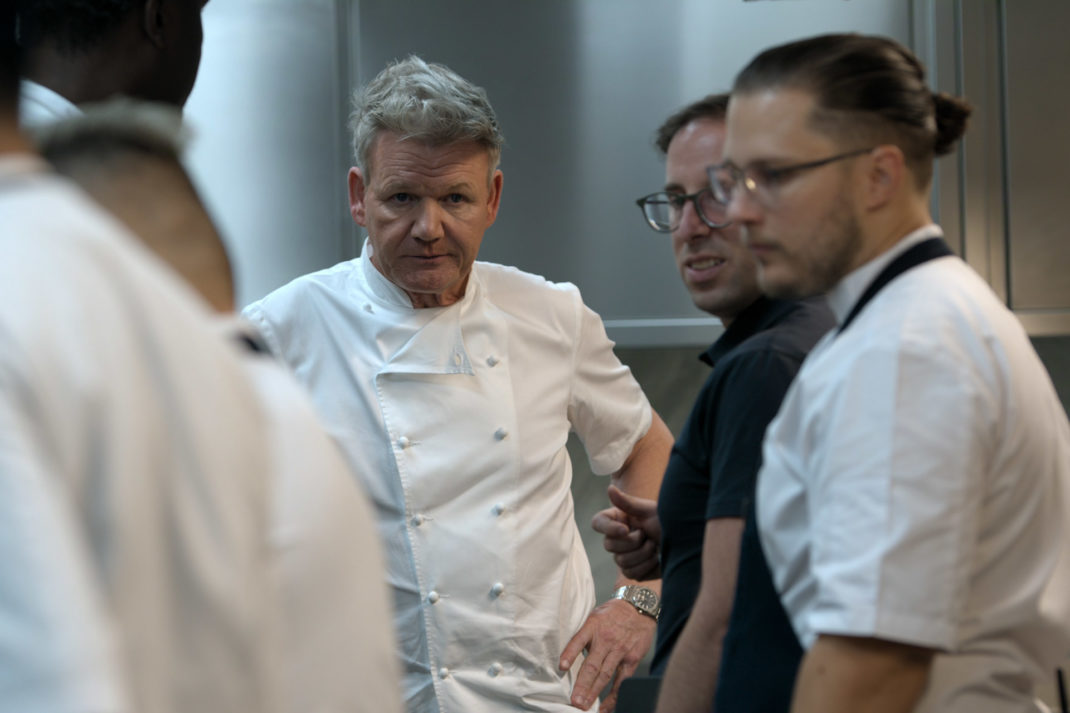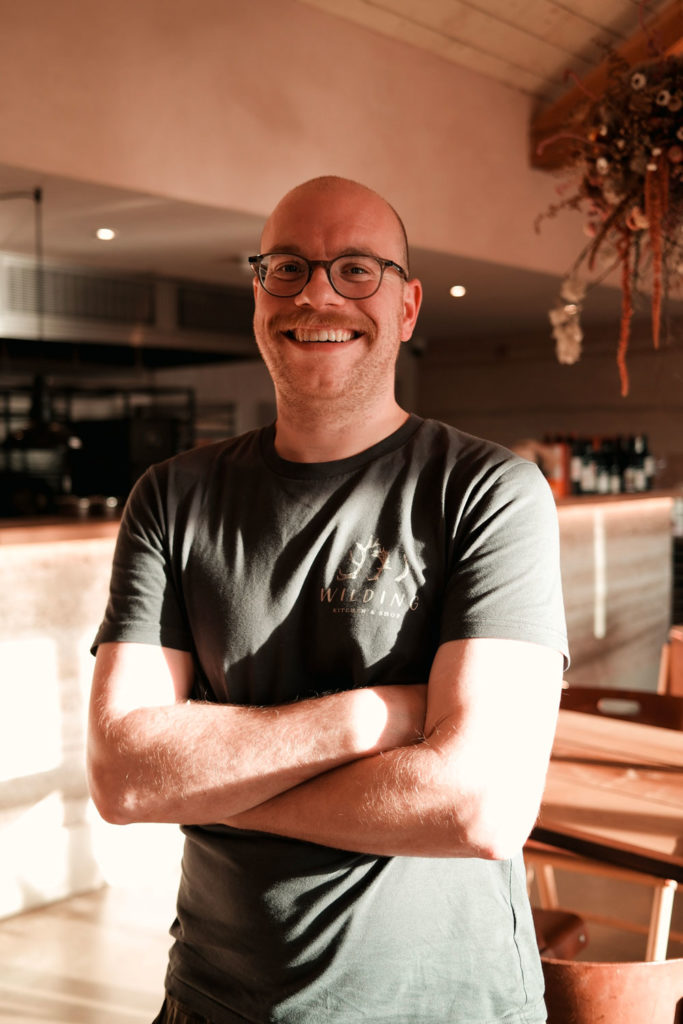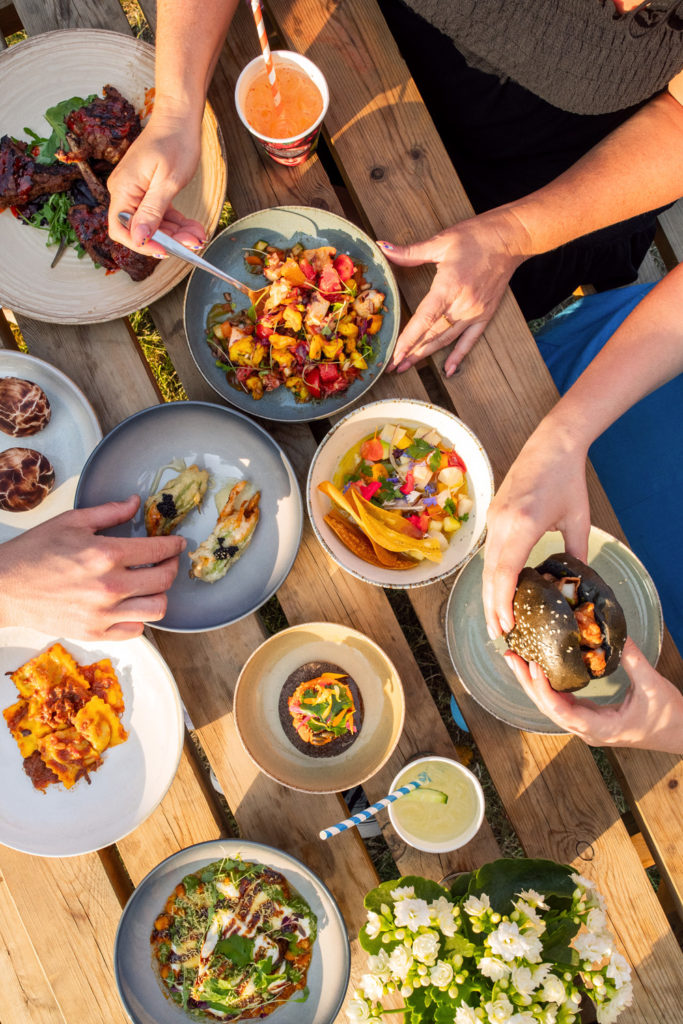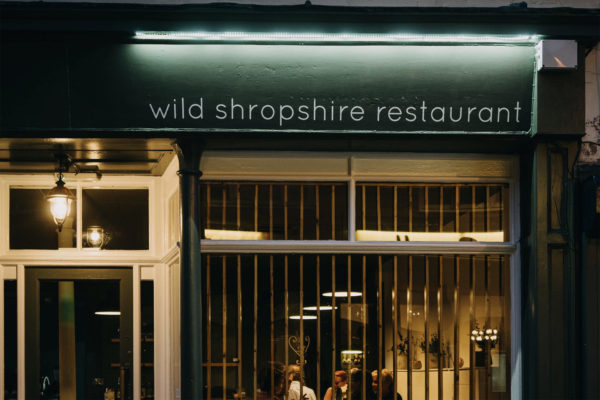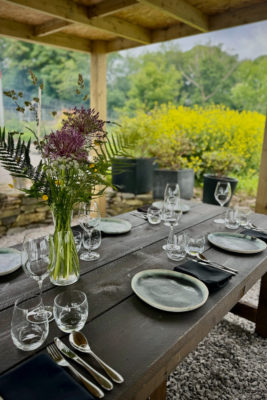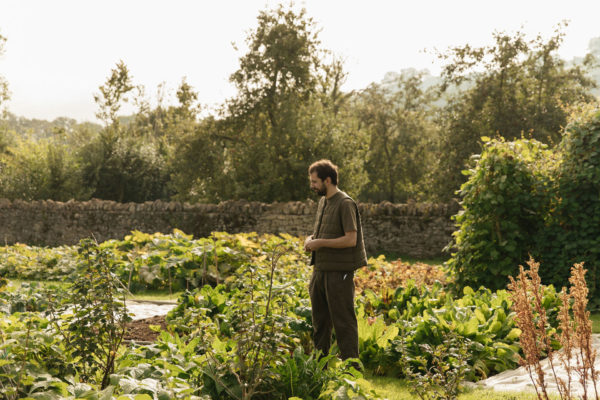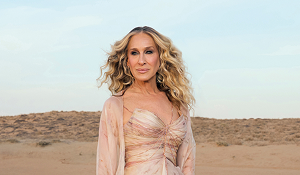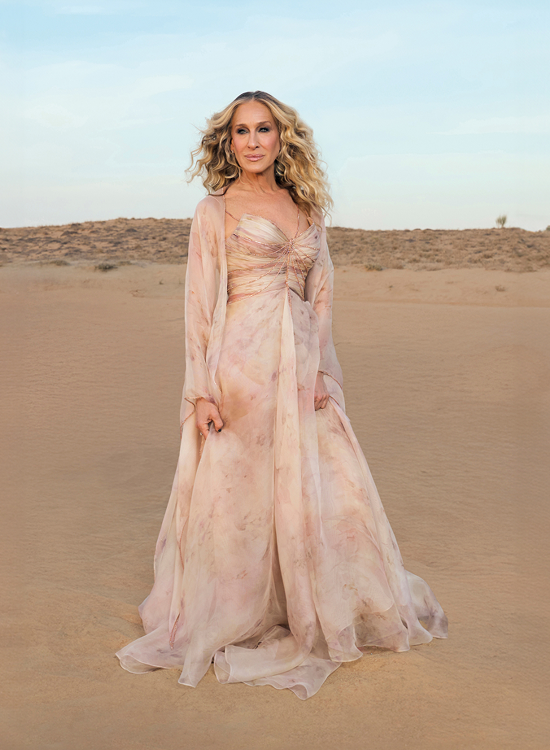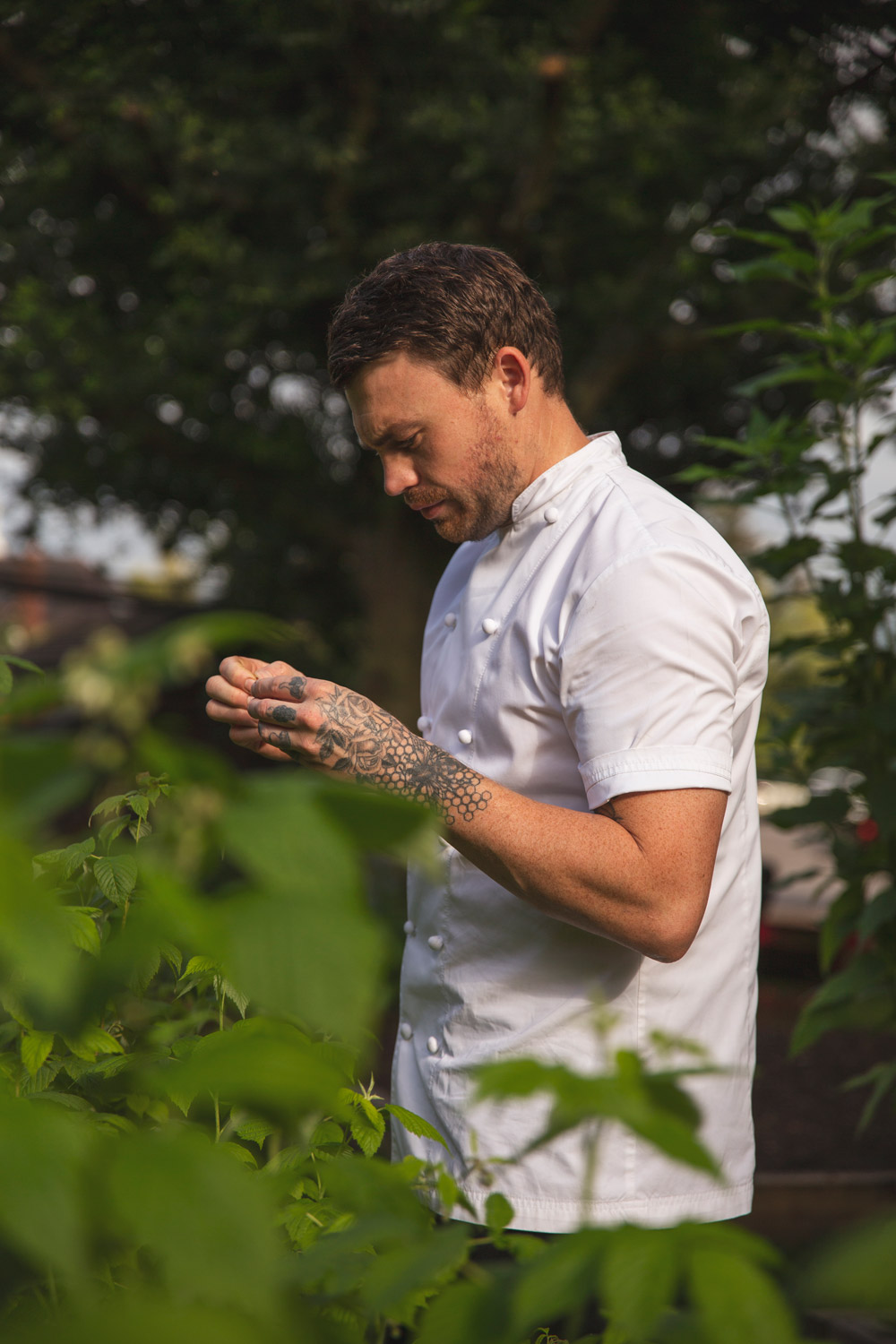
Liam Dillon On Bringing Aquaponics To The Boat Restaurant
By
2 months ago
Inside Lichfield's esteemed farm-to-table restaurant
Lichfield-born chef Liam Dillon developed a love for cooking from a young age, cooking stews and baking with his grandmother. He went on to work in some of the world’s top kitchens, including Eleven Madison Park in New York and London’s Marcus Wareing at The Berkeley, before returning to his hometown to open The Boat. Dillon converted the old roadside pub into one of the area’s top restaurants – which went on to secure the coveted 3 AA Rosette status.
The Boat is also home to its own micro-farm, as well as a recently introduced aquaponics system, a closed-loop practice which combines aquaculture (raising fish) and hydroponics (growing plants in water). We hear more below.
C&TH Meets The Boat Chef Liam Dillon
What did you set out to create with The Boat?
When I first took over the site in 2017, my mentality was that I can create the best restaurant in the area. I was very quickly humbled to the fact it’s not that easy. I think that the goal was always to cook the food that I wanted to cook, and that’s predominantly fine dining, but The Boat was in no way fit to do that, to be honest. At the time it was a proper old school pub, and the dream was always to change and reinvent it.
Could you tell us a bit about the micro-farm?
The menu is helped along with what we’ve got going on in the gardens. We’re not self-sustainable as of yet – as much I’d like to be – but year on year, we’re expanding the space. We’re working on more beds, we’re trying to be self-sustainable on that ingredient by ingredient basis. So: that rhubarb was enough rhubarb for this year, so next year we’re going to have a couple more plants, and then sweet, from now on, we’re always going to have enough rhubarb to run the restaurant. We’re just trying to make sure that we really solidify ingredients that work well for us, and then we don’t have to go anywhere to get them.
What does the aquaponics project involve?
The idea came from me being quite hell bent on doing something different and standing out, because it’s very difficult to pave your own way in this industry. So in lockdown, I was working full time on the land. The previous owners had the land, and for 14 years, they were running seven days a week, and the land was just used as a dumping ground. So it took us a long time to get the levels right, clear all the soil back and almost start again with it. In that time, we’re building polytunnels, chicken coops, and I thought in the in the polytunnel, it’d be nice to have an aquaponics system, which is like hydroponics, but with the addition of fish, using minerals in the water to grow vegetables and leafy greens in the winter.
We have two tanks in a temperature-controlled shed; the water from the fish goes into a solid filter, and into a bio-filter, which removes all of the rubbish. And it goes into another area called the sump tank, and then from the sump tank, it gets pumped into two-metre beds in the polytunnel, which then have all the greens in them. The roots take the nitrates and the nitrites, and the water comes from them. It moves all the rubbish, goes back in the sump, then back into the fish tank, so it’s kind of like a locked system.
Things that grow under the soil don’t really work very well in aquaponics – there’s not enough nitrogen to let the fruit expand. And then growing the fish as well, so when the fish gets too big for the tank, we can use the fish – but I haven’t got to that stage yet. It’s a work in progress.
How do you like to run your kitchen?
I think the industry is changing. At the start of my career, it was a bit more of a boisterous environment, and it’s true that kitchens can be tough places: it’s long hours in a stainless steel box, and you have to have the agility to switch on and switch off quite quickly. But my kitchen is on show, it’s totally open, and I have guests saying they’re surprised by how quiet and calm it is. If I’m shouting and screaming at the guys, ultimately there’s a problem in the process. It’s a nice place to work, we’re closed for three days of the week so you’ve got good downtime as well.
How did you find going on Great British Menu?
It was fantastic, I loved it. Looking back, I really enjoyed it, at the time I think you’re engulfed in emotion. You got assigned your own cameraman, and that person will follow you around. I didn’t do as well as I thought I should have done, but it’s a high-intensity environment.
The Boat has three AA rosettes. How important are awards for a restaurant’s success?
Unfortunately I think it’s quite important, mainly for the pull of staff. Looking at my own experience, I would look through the Michelin guides and go: I want to work there. But really there are amazing kitchens doing amazing food which have the time to spend nurturing cooks, and these aren’t necessarily the rosettes or the stars. It’s great if you have them, but for people that haven’t that are still very talented, it’s a shame.
What are the biggest challenges in the restaurant industry right now?
There’s a lot of labour of love that goes into what we do, and costs are always going up – food, transport, travel, there’s a lot of moving parts in a restaurant, and every single part is creeping up in value. There’s only so far you can push that onto the guests.
QUICK FIRE
Who inspires you?
People that have cracked on and haven’t had the accolades, they just kept going and going and then one day it has come to fruition. Like Heston Blumenthal, taking a pub in Bray and then turning it into a world renowned restaurant.
Restaurant you’re dying to visit?
Restaurant Frantzén in Stockholm.
Most memorable meal of all time?
Very early on in my career, I ate at Quay in Sydney, and I was just blown away by the service cuisine, the restaurant – it overlooks the Sydney Opera House. I won’t forget that meal, and I went on to work there.
First dish you learnt to cook?
I used to work at a brasserie in Birmingham called Opus Restaurant, part time. I remember being on the hot starter section, and it was the first time I was left alone to run the section in a very busy service. It was a bowl of mussels, very simple. It was the first time I felt that I’ve cooked something, someone’s paying for it, and it was almost like a penny dropped.
When you’re not in the kitchen, where are you?
Probably on the grounds, keeping that in check – looking after the pigs or in a bee suit.
Find out more at theboat.restaurant


